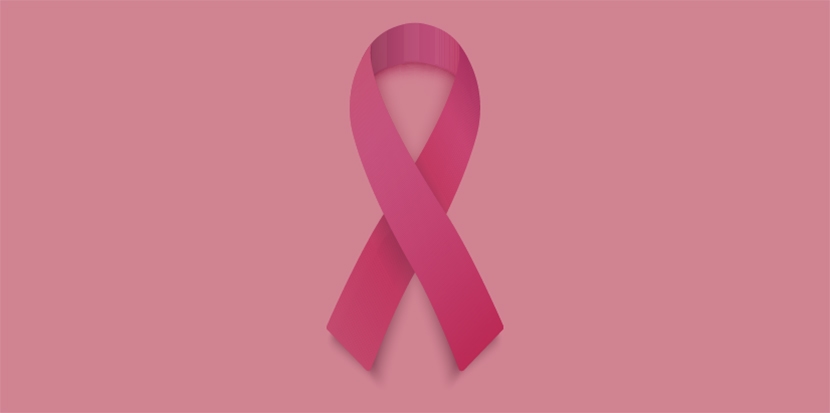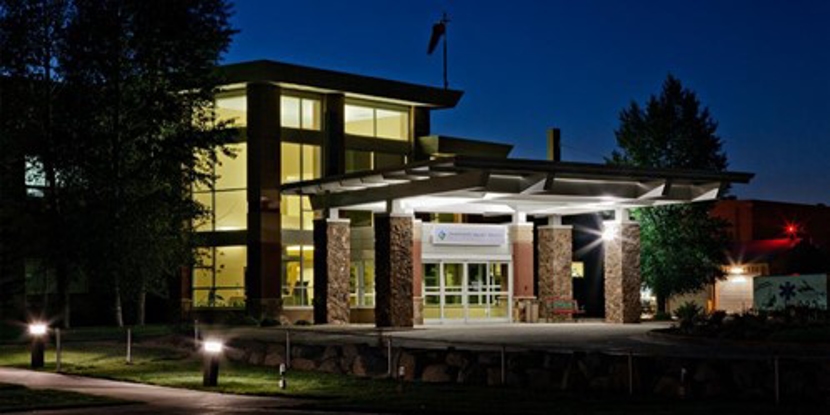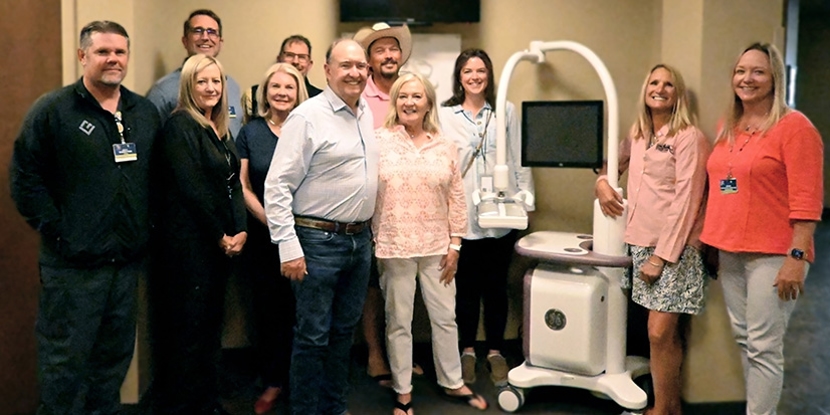Advanced Imaging Services in the Gunnison Valley
At Gunnison Valley Health, we offer a comprehensive range of imaging services to meet your diagnostic needs. Our radiology department is equipped with state-of-the-art imaging equipment, ensuring high-quality results across all modalities. Our experienced and dedicated staff is committed to providing an exceptional patient experience, delivering precise and reliable imaging services.
Medical imaging, also known as diagnostic imaging or radiology, plays a crucial role in diagnosing illnesses and injuries through various advanced technologies, including MRIs and CT scans. Our on-site radiologists and certified technologists bring expertise and diagnostic excellence to the residents and visitors of our community.
Our imaging services Include:
Breast screening
At Gunnison Valley Health we are committed to providing a comprehensive set of breast screening services. From 3D Tomosynthesis Mammography to Automated Breast Ultrasounds to breast MRIs, we offer a complete range of breast imaging services.
CT Scan
A computerized tomography scan, also called a CT scan, is a type of imaging that uses X-ray techniques to create detailed images of the body. It then uses a computer to create cross-sectional images, also called slices, of the bones, blood vessels and soft tissues inside the body. CT scan images show more detail than plain X-rays do.
Gunnison Valley Health utilizes a 128-slice CT scanner that reduces the dose of radiation while improving the overall patient experience and image quality. This GE Revolution Maxima CT scanner is highly advanced technology that utilizes artificial intelligence to automate and streamline the patient positioning process. Combined with advanced software designed to provide a high-quality image in less time, patients can see up to 82 percent less dose of radiation.
Low Dose Lung Screening
LDCT lung screening is the best test to detect lung cancer early on. It is used with patients who are not showing symptoms but have particular demographics and history that may lead to lung cancer. This screening is important in order to determine whether cancer is present as early on as possible.
Cardiac CT Calcium Scoring
Cardiac CT for calcium scoring (or heart CT scan) is a 10-15 minute non-invasive test to determine the level of calcium in the coronary artery of your heart. This test does not require a doctor’s order and only costs $149. You can check with your insurance provider to see if this test is covered in your plan.
Coronary Computed Tomography Angiography
Coronary computed tomography angiography (CCTA) is recommended when the cardiac CT calcium scoring results are greater than 0. The Coronary CCTA is the gold standard heart imaging test that helps determine if plaque buildup has narrowed the coronary arteries which supply blood to the heart.
MRI
Our state-of-the-art MRI technology provides exceptionally detailed images without using X-rays. Utilizing a powerful magnet, radio waves, and advanced computer processing, our MRI system generates precise images without the risks associated with ionizing radiation.
We understand the importance of accurate diagnostics in your care. That's why we have invested in an MRI system that adapts to your body's needs, ensuring a faster, more precise, and comfortable experience. This cutting-edge MRI technology is trusted by doctors and preferred by patients for its superior image quality and patient-friendly design.
Fluoroscopic Procedures
Fluoroscopy is a type of medical imaging that shows a continuous x-ray image on a monitor, much like an x-ray movie. During a fluoroscopy procedure, an x-ray beam is passed through the body. The image is transmitted to a monitor so the movement of a body part or of an instrument or contrast agent through the body can be seen in detail.
Bone Density Scan (DEXA)
DEXA (dual x-ray absorptiometry) scans measure bone density (thickness and strength of bones) by passing a high- and low-energy x-ray beam (a form of ionizing radiation) through the body, usually in the hip and the spine. DEXA scans are often used to diagnose specific conditions, such as bone thinning.
Ultrasound
Ultrasound imaging (sonography) uses high-frequency sound waves to view inside the body. Because ultrasound images are captured in real-time, they can also show movement of the body's internal organs as well as blood flowing through the blood vessels. Unlike X-ray imaging, there is no ionizing radiation exposure associated with ultrasound imaging.
In an ultrasound exam, a transducer (probe) is placed directly on the skin or inside a body opening. A thin layer of gel is applied to the skin so that the ultrasound waves are transmitted from the transducer through the gel into the body.
The ultrasound image is produced based on the reflection of the waves off of the body structures. The strength (amplitude) of the sound signal and the time it takes for the wave to travel through the body provide the information necessary to produce an image.
X-ray Imaging
X-ray imaging (radiography) is the oldest and most commonly used technique in radiology. Digital x-ray uses a very small dose of ionizing radiation to produce pictures of the body's internal structures. They are often used to help diagnose fractured bones, look for injury or infection and to locate foreign objects in soft tissue. Some x-ray exams may use an iodine-based contrast material or barium to help improve the visibility of specific organs, blood vessels, tissues or bone.
For more information or to schedule an appointment, contact Gunnison Valley Health's Diagnostic Imaging Department at (970) 641-7253.
-

-
Excellent Radiology Technician Radiology
“The Radiology Technician was excellent in helping me to move slowly and carefully in order to avoid pain. She was very gentle ...
-Submitted by Anonymous -
Pleasant Mammography Experience Mammography
"Lovely, welcoming people at the front desk. Everything was ready to go when I arrived. Most pleasant place I’ve ever had ...
-Submitted by Anonymous -
Added to my Comfort Radiology
Staff person conducting the MRI provided a warm blanket to add to my comfort during the procedure. He did an excellent job of ...
-Submitted by Anonymous -
Can't Say Anything Negative Radiology
Staff was truly professional and knowledgeable during my imaging procedure. Can't say anything negative!
-Submitted by Anonymous -
So Grateful Radiology
The service from every person involved was incredible. I am so grateful for each person on the team.
-Submitted by Anonymous -
Highly Trained Staff Radiology
Staff was highly trained providing excellent care.
-Submitted by Anonymous












